KRG continues to promote accountability for crimes committed against the Yezidi Community
Genocide 01:50 PM - 2021-08-03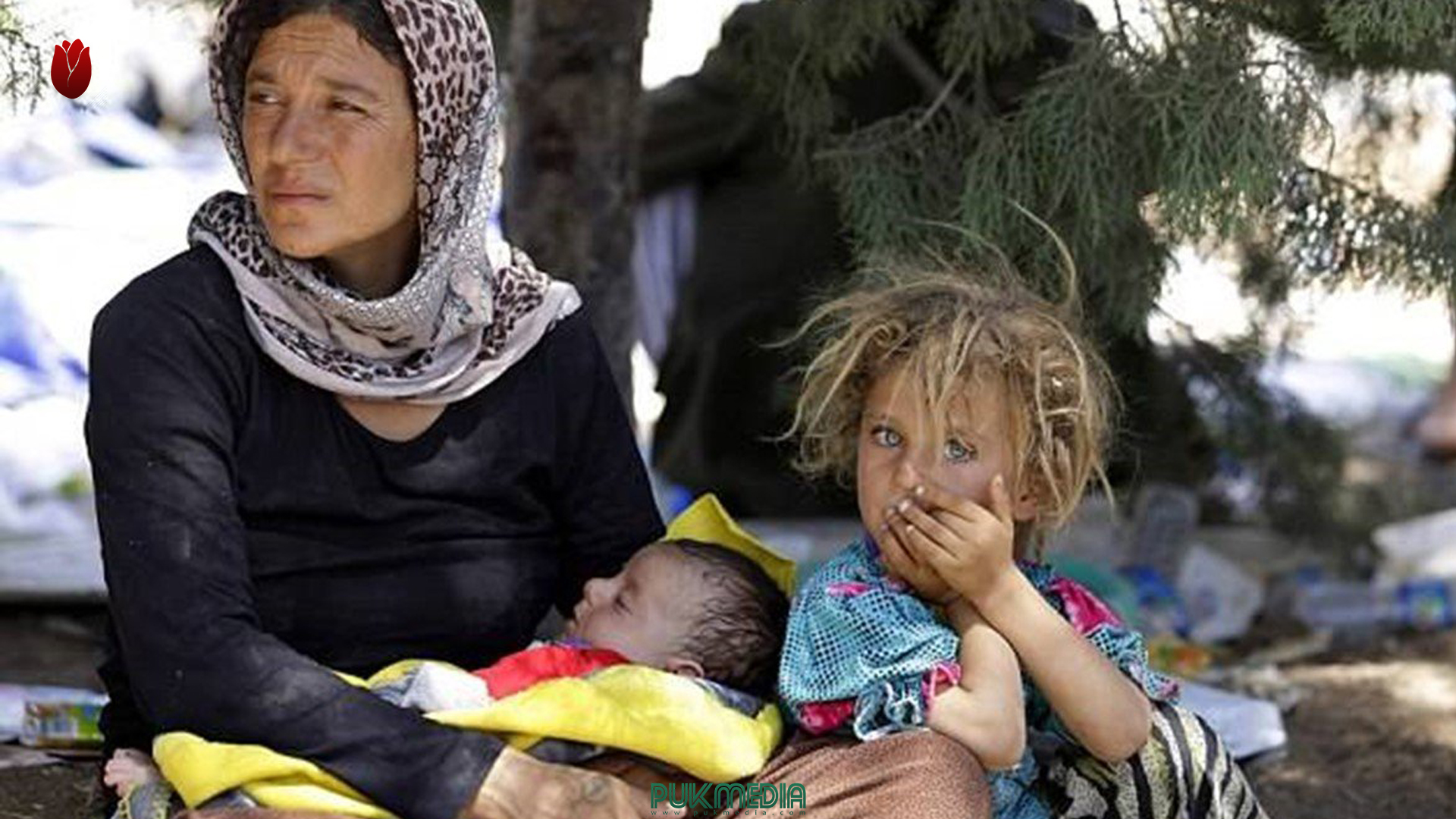
The KRG Office of the Coordinator for International Advocacy (OCIA) commemorated the anniversary of the genocide against the Yazidis on the hands of Islamic State (ISIS) terrorists.
The OCIA's statement read:
Seven years ago, our Yezidi brothers and sisters were brutally massacred and forced to flee their homes. ISIL terrorists launched a fierce attack on a number of areas of the Kurdistan Region, especially the areas inhabited by the Yazidis in Shingal. The terrorists, during their brutal raids, transcended all human norms and human rights principles towards the innocent populations of the region from killing and demolishing their homes until they reached the point of kidnapping women and children and their families and selling them in both Mosul and Syria.
The terrorist attacks also led to the displacement of hundreds of thousands of residents of these areas who fled to the Kurdistan Region to preserve their lives and build a mere hope of prosperity.
The world must listen to and understand the Yezidi community's justified cry for peace, for their children and women to be safeguarded from extremism, for their enclaved indigenous territory to be prosperous and stable, and for their political and cultural rights to be preserved and fairly represented.
The Council of Ministers of the Kurdistan Region issued its decision No (5170) on August 21,2014 to form a high committee to define the crimes that perpetrated against the Yezidis as genocide, and the committee has worked over the past years to internationalize the case and tried to echo their agonies to the International Criminal Court. Currently, the aforementioned committee is entitled the High Committee to Recognize ISIS Crimes as Genocide, and it continues its endeavor to materialize the feasible legislative and judicial grounds in the onset to carry out fair and robust prosecutions and hence to recognize the mass killings of Yezidis and the inhabitants of Nineva Plains as acts of genocide in the international platforms.
In line with the mechanism in place, the KRG Office of the Coordinator for International Advocacy (OCIA) has followed up with the relevant authorities to gather evidence pertinent to ISIS crimes. In this respect, OCIA has set a route map with the relevant authorities to submit witness statements, interviews, and other collected evidence of the Yezidi survivors to UNITAD.
KRG Security authorities have also provided a wide range of reports and information in relation to ISIS leadership members and financing sources, in addition to lists of ISIS detainees under the custody of KRG security authorities to assist UNITAD's teams in processing the evidence that are essential for the prosecutions. As part of the digitization project, UNITAD has also been given access to all evidentiary archives in relation to ISIS crimes that have been collected and kept by the KRG, parallel to Iraq's compliance with UN Security Council Resolution No 2379 to prosecute ISIS for international crimes.
After the catastrophic events, the Kurdistan Regional Government extended a helping hand in various ways to the displaced without discrimination, which included first securing special places to shelter them, and then securing all necessary primary services such as water and food.
In addition, a special committee was formed to collect information and follow up the file of the kidnappers, and a judicial commission was formed to investigate the crimes committed by the terrorist organization ISIS in the Sinjar region and other surrounding areas, documenting these crimes and recording statements.
The genocide that affected Shingal district and its surroundings represents one of the most heinous crimes against humanity in modern history, and was part of a large-scale attack launched by ISIS terrorists against the people of Kurdistan. What happened in Sinjar is a catastrophe that shook the depths of our conscience and expressed the criminalized approach of this organization and its bloody ideology. Efforts must be intensified at home and abroad in order to define it as a crime of genocide and to find and return the abductees.
What can be secured in favor of the voluntary, dignified, and safe return of the displaced and immigrants from the Yezidis and other Iraqis who were forced by war circumstances to emigrate due to the terrorist aggressions and the threats they were exposed to, is the need to overcome political and administrative obstacles that prevent justice for the victims' families, and accelerate the formation of the administration in Shingal, enhancing security and stability and providing material aid and basic services for their return from displacement camps to their indigenous homeland.
In prospect, these steps can only be accomplished by the swift and actual implementation of the Shingal Agreement and fair prosecutions of ISIS detainees under international criminal law and in coordination with UNITAD.
ISIS attack on Shingal
On August 3rd, 2014, ISIS terrorists launched a vicious attack on Shingal (Sinjar), the mainland of the Yazidis, and a disputed town in northern Iraq, killing thousands of Yazidi men and abducting women and children to later be forced into slavery.
The attack also led to the displacement of hundreds of thousands of members of the community. Most of them fled to the Kurdistan Region, while others resettled to neighboring countries in the region or Western states.
Others were not as lucky and remained stranded in the war zone, where they later went through horrific atrocities and mass executions at the hands of the extremist group for years. ISIS militants forced women and girls into sexual slavery, kidnapped their children, forced religious conversions, executed scores of men, and abused, sold, and trafficked women and girls across the areas they controlled in Iraq and Syria.
According to the United Nations, 5,000 Yazidi men died in the massacre. The terrorists have also kidnapped thousands of Yazidi women and teenage girls.
According to the KRG, the terrorists kidnapped more than 6,400 Yazidis, but only half of them managed to escape or survive, while the fate of the rest is still unknown.
ISIS gained control of one-third of Iraq in 2014 until 2017 when Iraq announced regaining control of Nineveh, Anbar, Saladin, and parts of Kirkuk and Diyala.
PUKmedia
More news
-
Media & Awareness Bureau Receives Russian CG
08:28 PM - 2024-04-18 -
PUK President: We Support Yazidis in Protecting their Rights
04:51 PM - 2024-04-17 -
DPM Talabani: Elections Must Be Held Promptly Without Further Delay
05:53 PM - 2024-04-16 -
PUK & UNAMI Emphasise Holding Timely Elections
05:28 PM - 2024-04-16
see more
Leadership Council Publishes Official Statement on Thursday’s Meeting
07:48 PM - 2024-04-18
IHEC Determines Kurdistan Parliamentary Election Campaign Date
01:37 PM - 2024-04-18
PUK President: Elections Would Develop Our Experience
05:06 PM - 2024-04-17
The 8th Sulaymaniyah Forum Takes Place Today
10:33 AM - 2024-04-17
Most read
-
IHEC Determines Kurdistan Parliamentary Election Campaign Date
Kurdistan 01:37 PM - 2024-04-18 -
Leadership Council Publishes Official Statement on Thursday’s Meeting
P.U.K 07:48 PM - 2024-04-18 -
PUK President: PUK is Ready for Elections
P.U.K 09:29 PM - 2024-04-18 -
Media & Awareness Bureau Receives Russian CG
P.U.K 08:28 PM - 2024-04-18

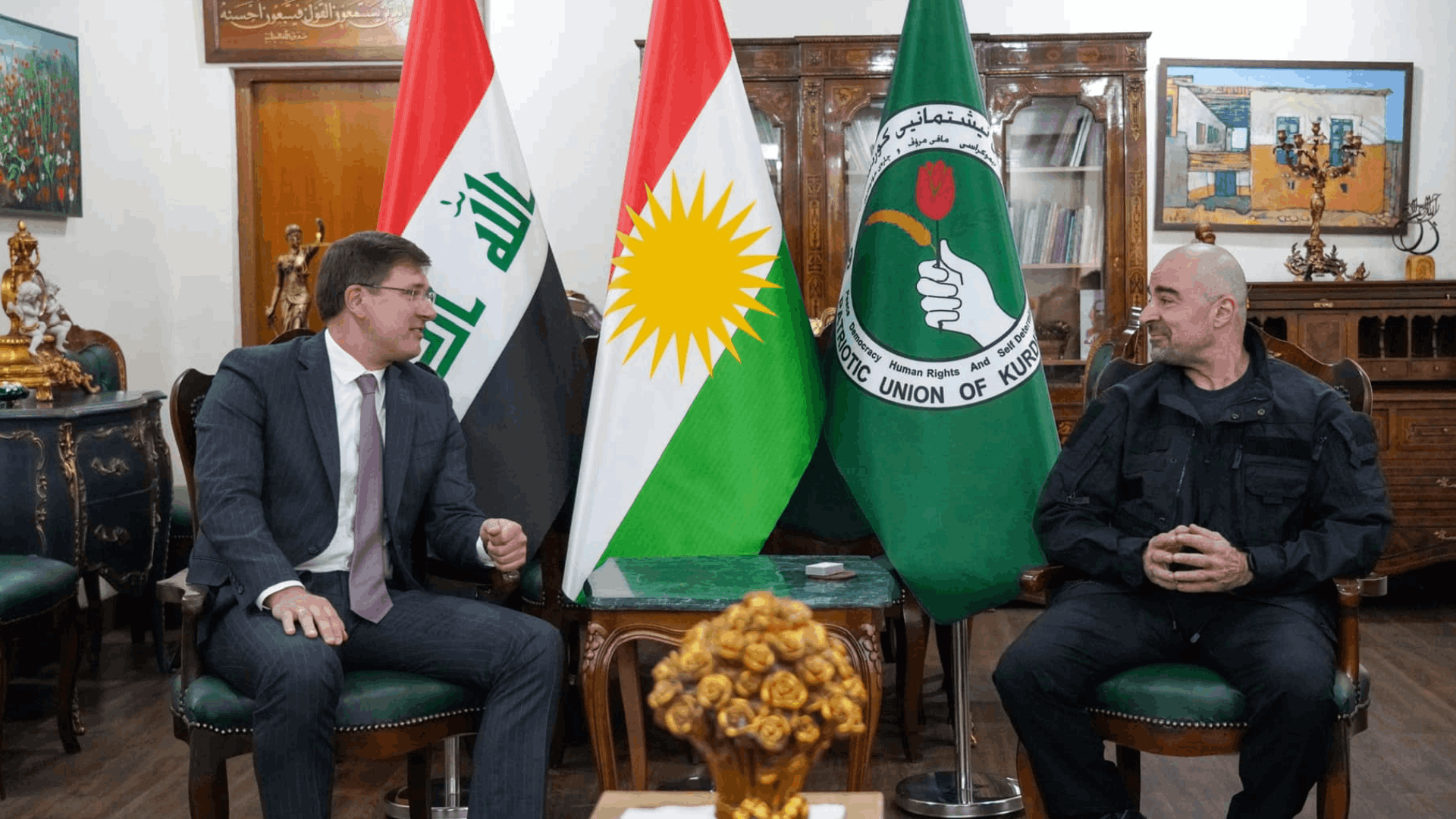
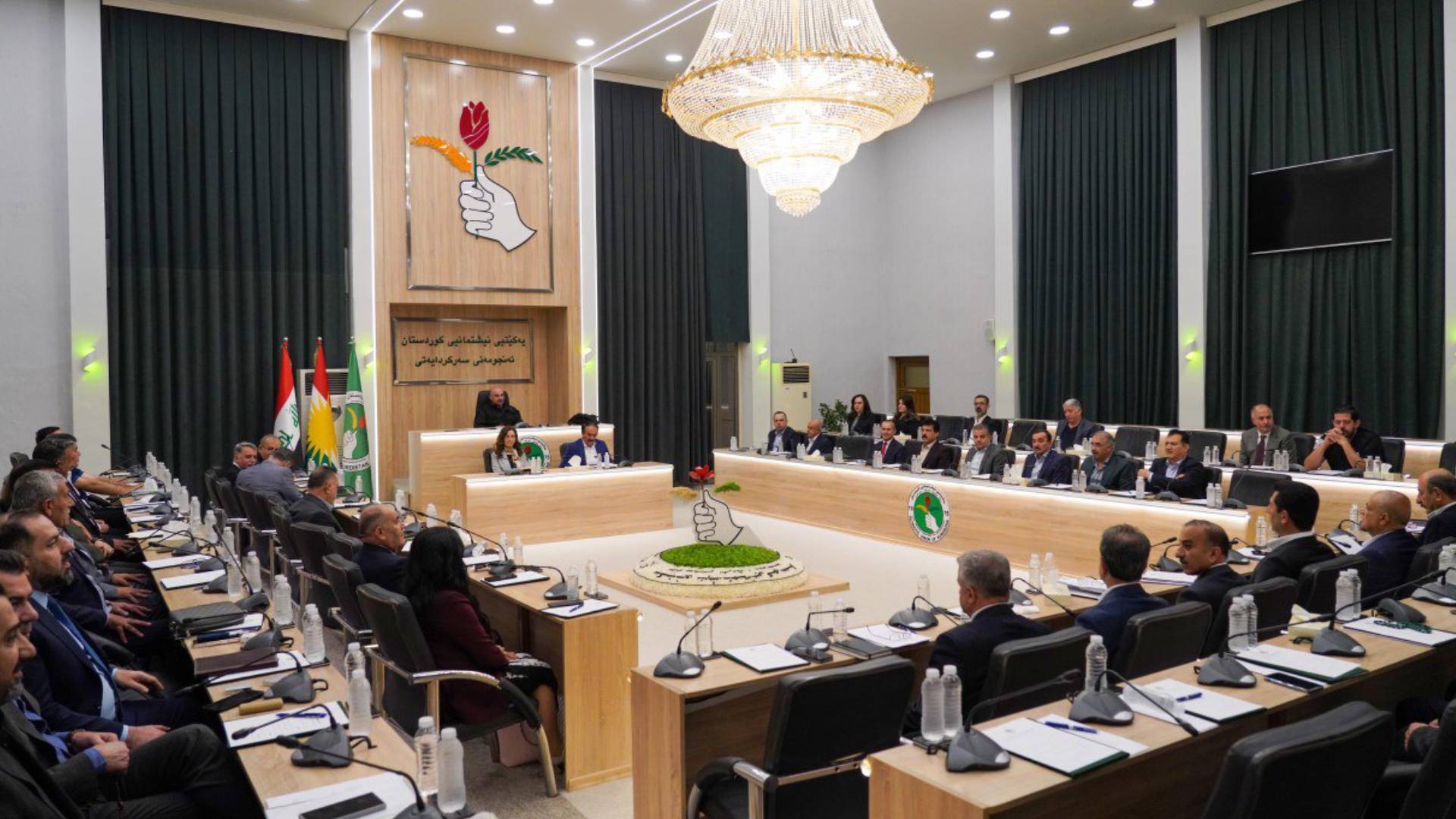

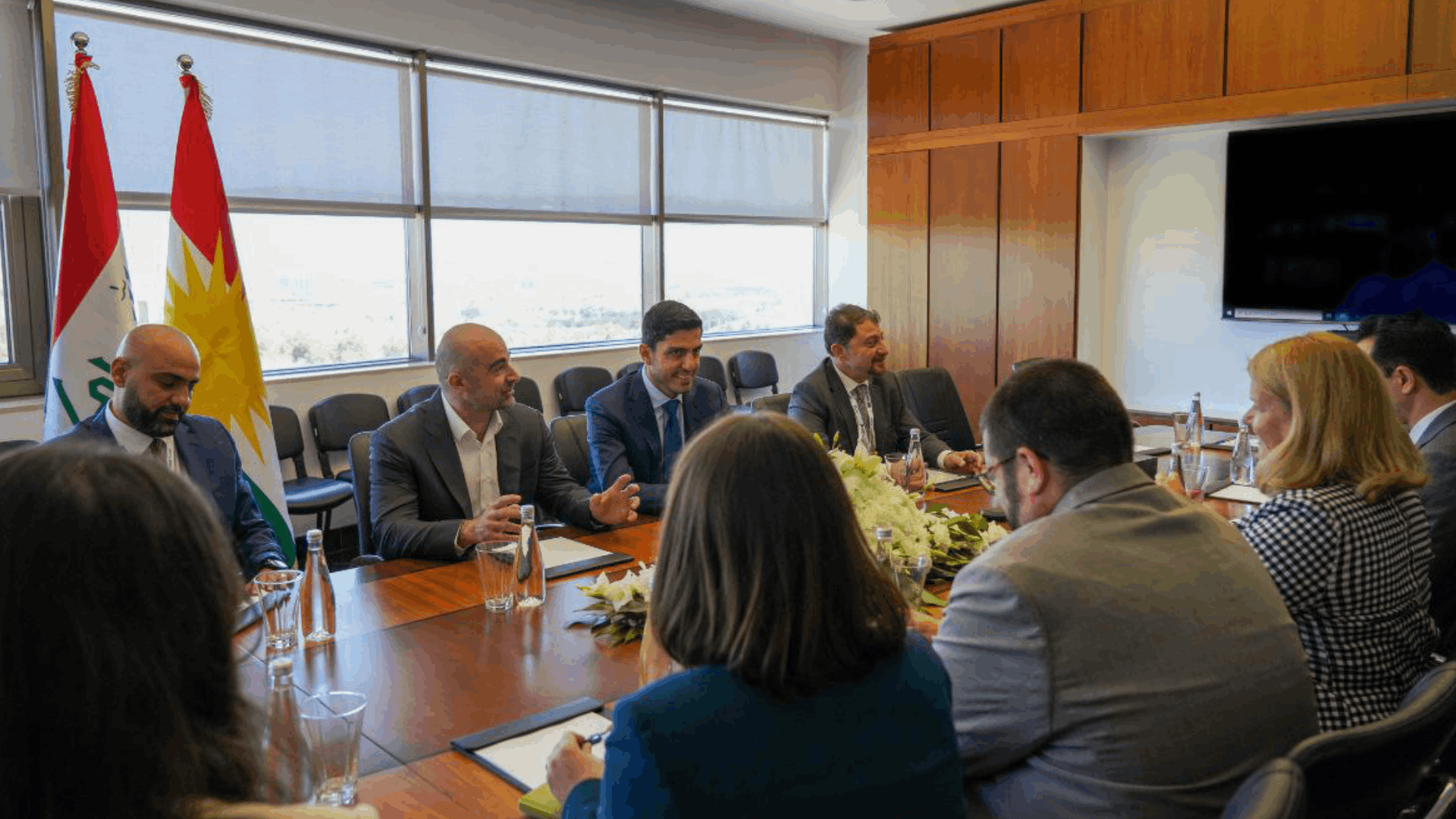
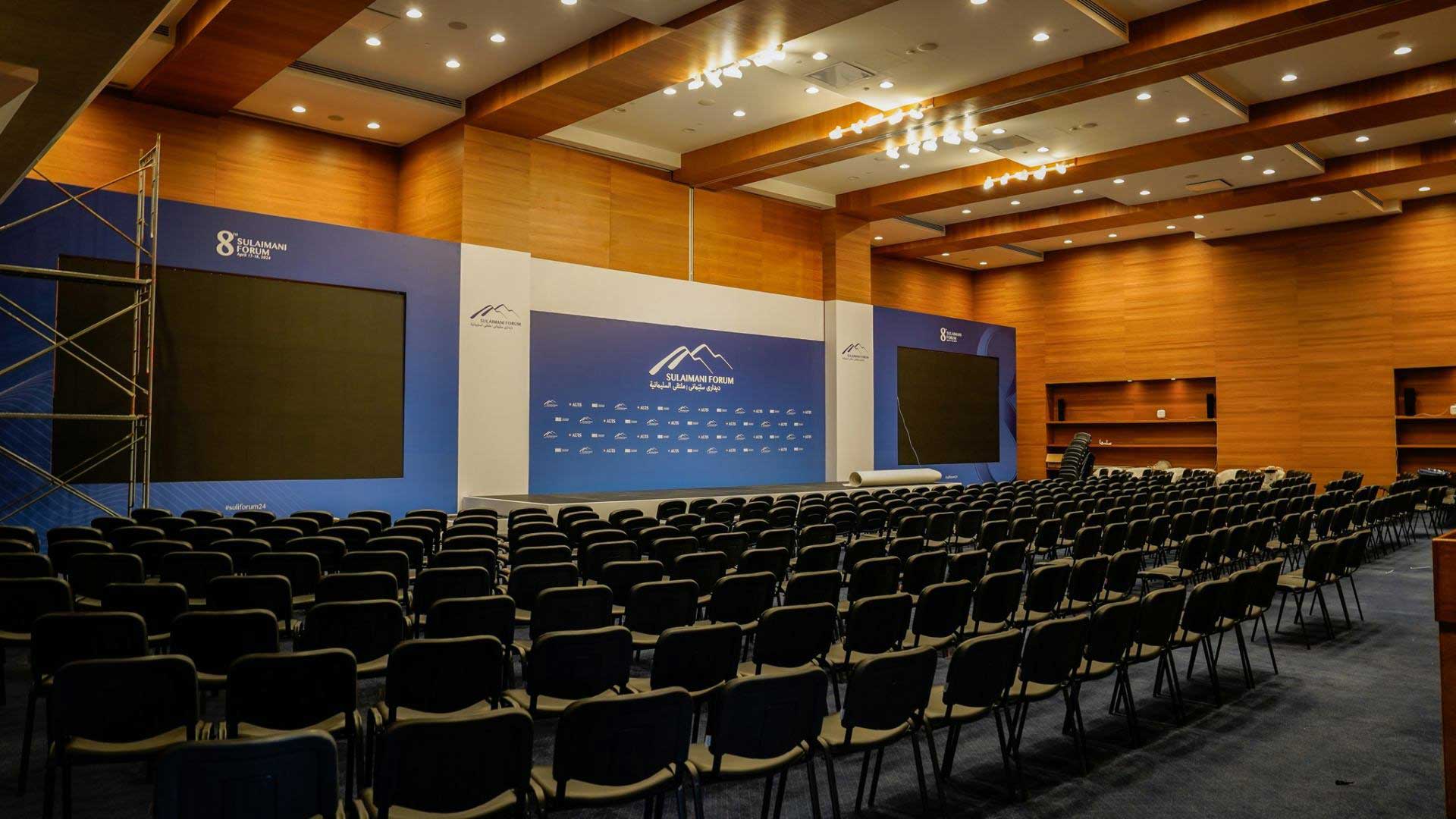
 Application
Application


